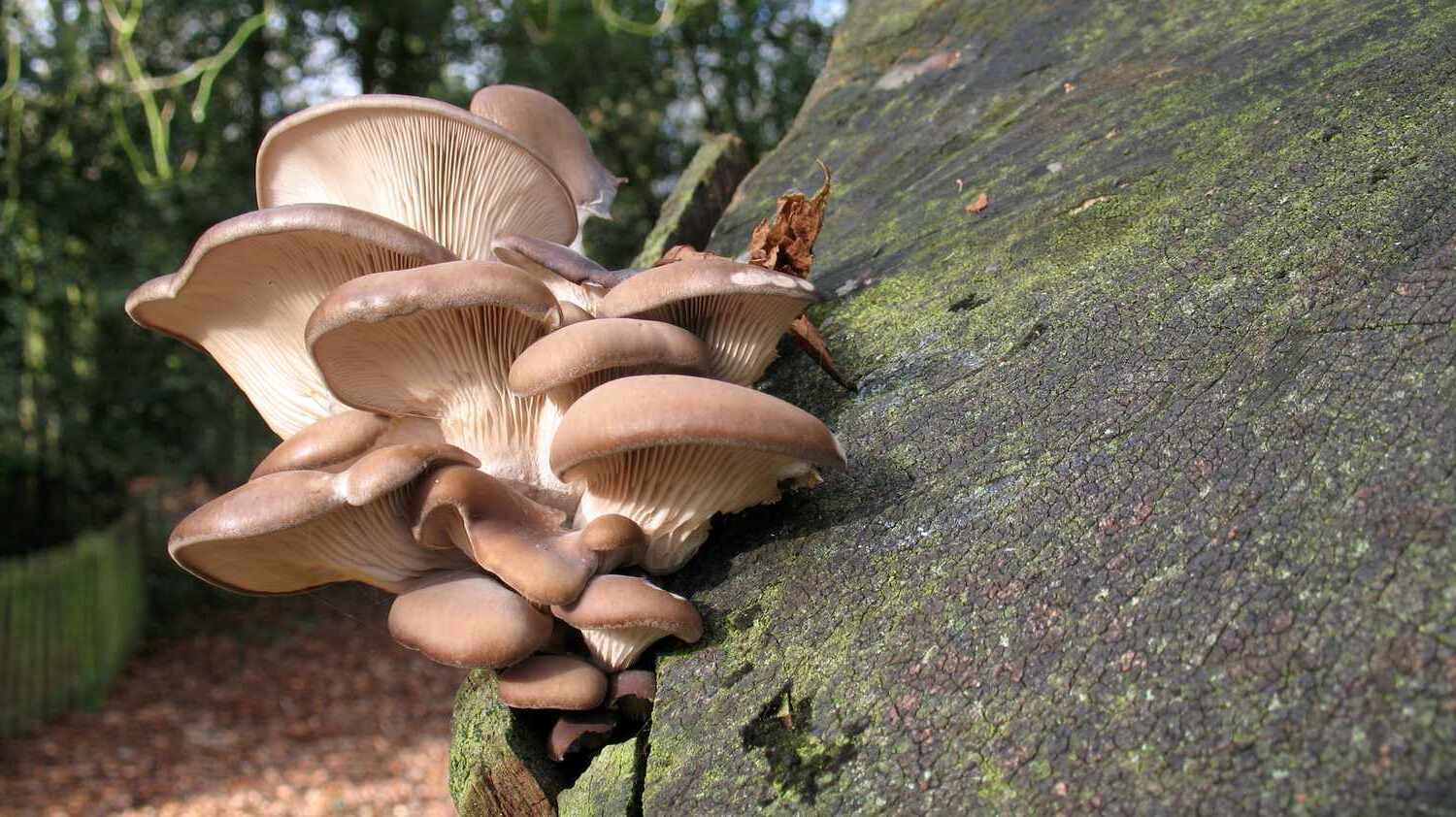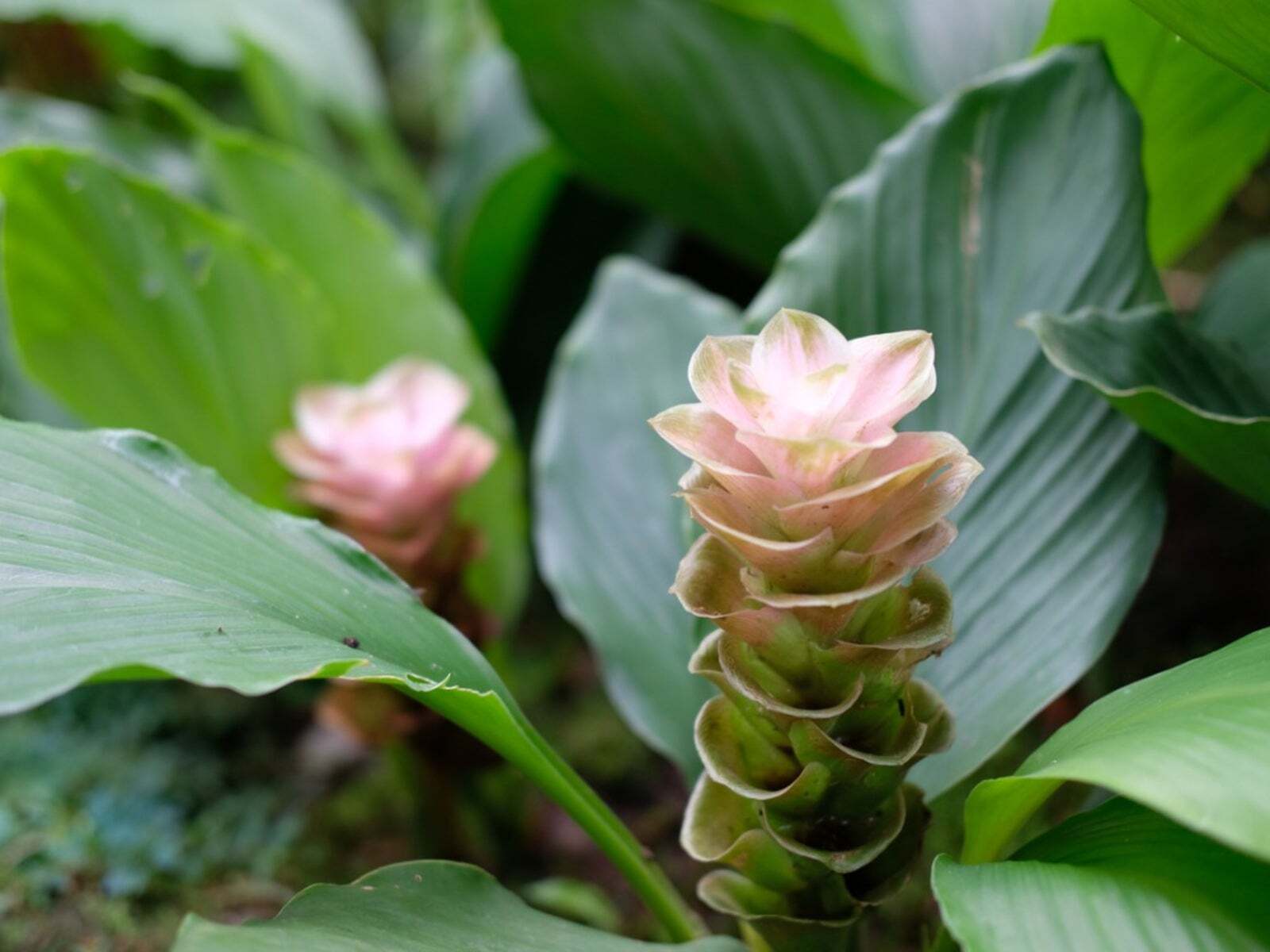
Decomposition is a natural process that breaks down dead organic matter into simpler substances. Ever wondered what happens to a fallen leaf or a dead animal? Decomposition is the answer. This process is crucial for recycling nutrients back into the ecosystem. Without it, life on Earth would be buried under a mountain of waste. Microorganisms like bacteria and fungi play a significant role in breaking down complex materials. Temperature, moisture, and oxygen levels can speed up or slow down this process. Decomposition also releases carbon dioxide, which plants use for photosynthesis. Curious about the stages and factors affecting this process? Let’s dive into 21 fascinating facts about decomposition that will change how you see the natural world.
What is Decomposition?
Decomposition is the process by which organic substances break down into simpler organic or inorganic matter. This natural process is essential for recycling nutrients in ecosystems. Here are some fascinating facts about decomposition.
-
Decomposition starts immediately after death. As soon as an organism dies, its cells begin to break down due to enzymes and bacteria.
-
Microorganisms play a crucial role. Bacteria and fungi are the primary decomposers, breaking down dead matter into simpler substances.
-
Temperature affects decomposition speed. Warm temperatures accelerate decomposition, while cold temperatures slow it down.
-
Oxygen availability matters. Aerobic decomposition (with oxygen) is faster and produces less odor than anaerobic decomposition (without oxygen).
-
Decomposition has stages. It typically includes fresh, bloat, active decay, advanced decay, and dry/remains stages.
The Science Behind Decomposition
Understanding the science behind decomposition helps us appreciate its complexity and importance in nature.
-
Autolysis is the first stage. This self-digestion process occurs when enzymes break down cell components.
-
Putrefaction follows autolysis. Bacteria produce gases and odors as they decompose tissues, causing bloating.
-
Insects aid decomposition. Flies and beetles lay eggs on decomposing matter, and their larvae consume the tissues.
-
Leachate forms during decomposition. This liquid, rich in nutrients, seeps out of decomposing matter and can contaminate soil and water.
-
Decomposition releases carbon dioxide. This gas is a byproduct of microbial respiration and contributes to the carbon cycle.
Factors Influencing Decomposition
Several factors influence how quickly and efficiently decomposition occurs.
-
Moisture levels are crucial. High moisture speeds up decomposition, while dry conditions slow it down.
-
Soil type affects decomposition. Sandy soils drain quickly and may slow decomposition, while clay soils retain moisture and speed it up.
-
pH levels matter. Acidic conditions can inhibit microbial activity, slowing decomposition.
-
Presence of scavengers. Animals like vultures, raccoons, and insects can accelerate decomposition by consuming dead matter.
-
Plant decomposition differs. Leaves and wood decompose slower than soft tissues due to their complex structures and chemical compositions.
Decomposition in Different Environments
Decomposition varies significantly across different environments, each with unique conditions and challenges.
-
Aquatic decomposition is slower. Waterlogged conditions limit oxygen availability, slowing down the process.
-
Forest decomposition is rapid. Warm, moist conditions and abundant microorganisms make forests ideal for fast decomposition.
-
Desert decomposition is slow. Dry, hot conditions and limited microbial activity slow down the process.
-
Urban decomposition can be unpredictable. Pollution, human activity, and varying microclimates create diverse decomposition rates.
Human Impact on Decomposition
Human activities can significantly influence decomposition processes, both positively and negatively.
-
Composting accelerates decomposition. By creating optimal conditions for microorganisms, composting turns organic waste into nutrient-rich soil.
-
Pollution can hinder decomposition. Chemicals and pollutants can kill decomposers or alter soil conditions, slowing down the process.
The Final Breakdown
Decomposition is a fascinating process that plays a crucial role in nature’s cycle. From the moment something dies, microorganisms and insects begin their work, breaking down organic matter into simpler substances. This process not only recycles nutrients back into the ecosystem but also helps maintain soil health. Factors like temperature, moisture, and the presence of oxygen can significantly affect the rate of decomposition. While it might seem a bit morbid, understanding decomposition gives us a deeper appreciation for the natural processes that sustain life on Earth. Whether it’s the rapid breakdown in a compost pile or the slower decay of a fallen tree in a forest, decomposition is essential for life to continue. Next time you see a compost bin or a decaying log, remember the vital role decomposition plays in our world. It’s nature’s way of ensuring that nothing goes to waste.
Was this page helpful?
Our commitment to delivering trustworthy and engaging content is at the heart of what we do. Each fact on our site is contributed by real users like you, bringing a wealth of diverse insights and information. To ensure the highest standards of accuracy and reliability, our dedicated editors meticulously review each submission. This process guarantees that the facts we share are not only fascinating but also credible. Trust in our commitment to quality and authenticity as you explore and learn with us.


